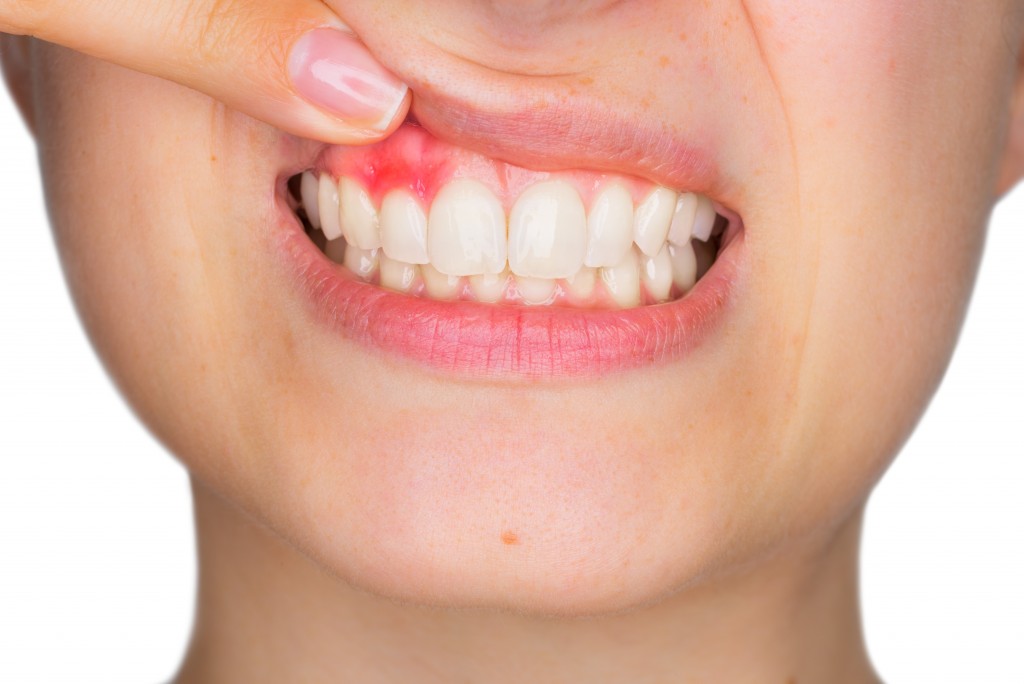In most of our daily encounters and social interactions, we usually smile since this is an excellent way of building a good relationship with others. Nobody wants to have yellow and stained teeth since this might show others that there’s little to no personal hygiene involved in taking care of our appearance.
But even though we brush our teeth every day, there’s bound to be thousands of microbes and bacteria in our mouth that can cause diseases and infections. Brushing our teeth too hard can often result in our gums bleeding. For the most part, sensitive gums and bleeding are relatively “harmless” as most of the bleeding will just stop after a few seconds, but one can’t be so sure. But the severity of your gums bleeding will depend on the ailment.
Is It Gingivitis, and Should I Be Worried?
Well, it will depend. Gingivitis isn’t something that most people should be worried about. As a health complication, gingivitis is considered mild and quite common, even in healthy adults.
But what’s the difference between gums that are just bleeding to gums that do have gingivitis? Well, bleeding gums is merely a symptom of gingivitis, but that doesn’t mean that you’re getting bleeding gums is directly caused by gingivitis. Gingivitis can affect different parts of your mouth and your body.
If you’re not sure, you might have to go to a licensed medical practitioner regarding the matter. But most of the time, there is a multitude of causes for bleeding gums and gingivitis.
What Causes Your Gums to Bleed?
One of the leading causes for gums to bleed is getting poor oral hygiene, which eventually leads to gingivitis. The buildup of plaque, which is characterized as a colorless substance that builds up on your teeth, can usually cause your gums to become raw and swollen, making it easier to puncture. Since it’s colorless, it might be harder to detect.
It’s important to note that almost everyone that has poor dental hygiene can develop gingivitis or bleeding gums. Hence, it’s only appropriate that we take a more in-depth look at the causes.
- Genetics — Around 30% of the population is more genetically “vulnerable” to gum diseases.
- Dry Mouth — Having a dry mouth can often accelerate bacterial growth in the mouth. This is known for allowing more acids and leaving food remnants to fester in the mouth, leading to tooth decay. In some cases, enamel erosion is a byproduct of a dry mouth. Thus, it’s essential to keep yourself hydrated most times of the day.
- Aging — Certain types of diseases, such as periodontal disease, start from the buildup of plaque.
- Lack of vitamins — Most of the time, the lack of vitamins and nutrients can lead to the buildup of plaque and bleeding of the gums. Vitamin C is known for promoting strength between cell tissues. The lack of vitamin C in the system is known as scurvy.
- Certain medications — Certain medication types will increase the buildup of plaque on teeth, such as phenytoin.
- Improper dental restorations and crooked teeth — In certain cases, the gums’ bleeding is caused by retainers and braces not being fitted properly. Gum disease, while wearing braces, is surprisingly common. Contrary to popular belief, even a healthy set of teeth and guns will still get a buildup of a plaque and bacteria. One of the best ways of minimizing the bleeding of your gums is having licensed professionals install high-quality bonded lingual retainers rather than retainers and braces that are prone to bleeding.
- Smoking and chewing on tobacco/nicotine gum — Nicotine, which is the primary chemical found in tobacco, is known to stimulate the build-up of plaque. This is also quite true when it comes to the circulatory system.
When preventing gum disease, it’s important to keep these causes in mind. It might seem like a tall order to keep your teeth in good condition, preventing the buildup of plaque can definitely ensure that you’ll have an easier time eating food and keeping gingivitis at bay.

The bottom line? You don’t necessarily have to worry about your bleeding gums if it’s the only symptom you’re feeling. Still, suppose you’re in doubt of your current situation right now, and you might be feeling symptoms other than just bleeding gums. In that case, you might want to consider consulting with a medically-vetted professional. Getting diagnosed with a professional can help guide you towards the necessary medications.
Ultimately, it’s still important that we practice good dental hygiene while taking in the right nutrients for our bodies. Typically, bleeding gums is caused by a deficiency of vitamins. You would be surprised at what a healthy lifestyle can do.

